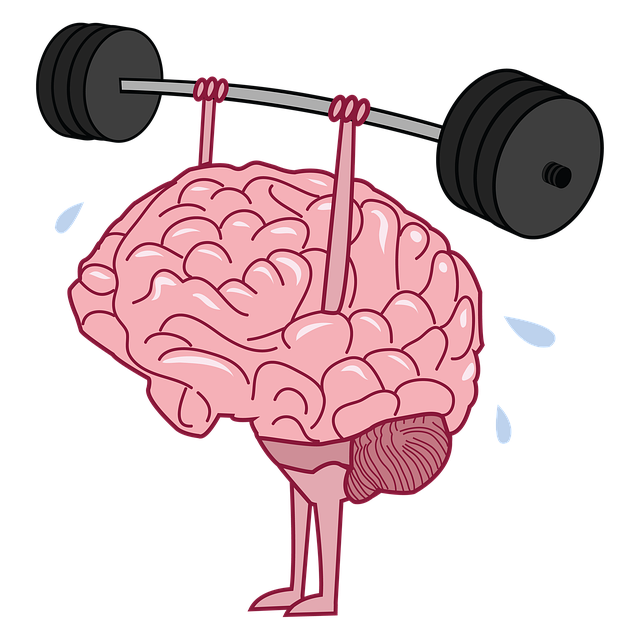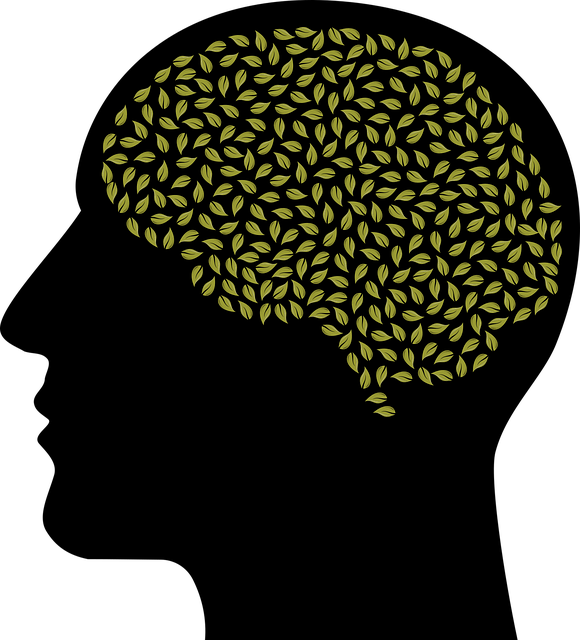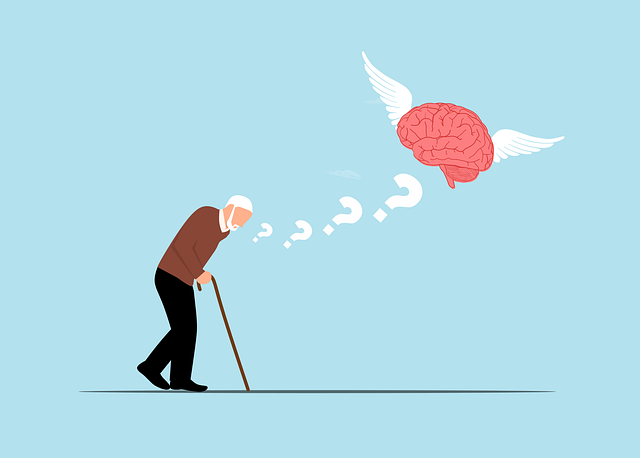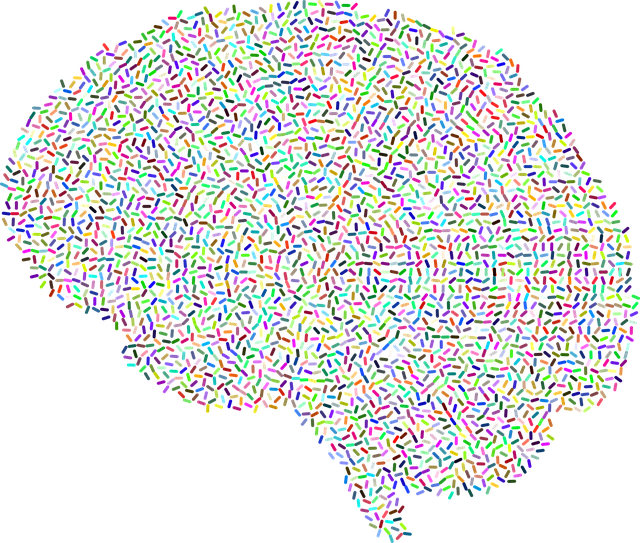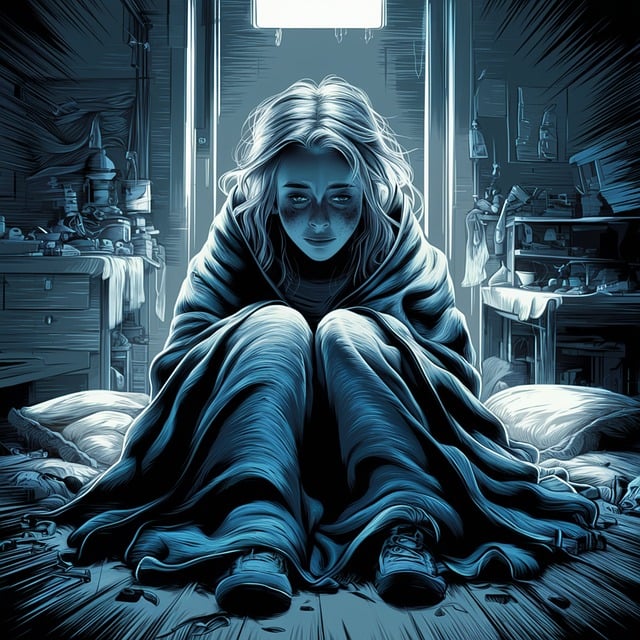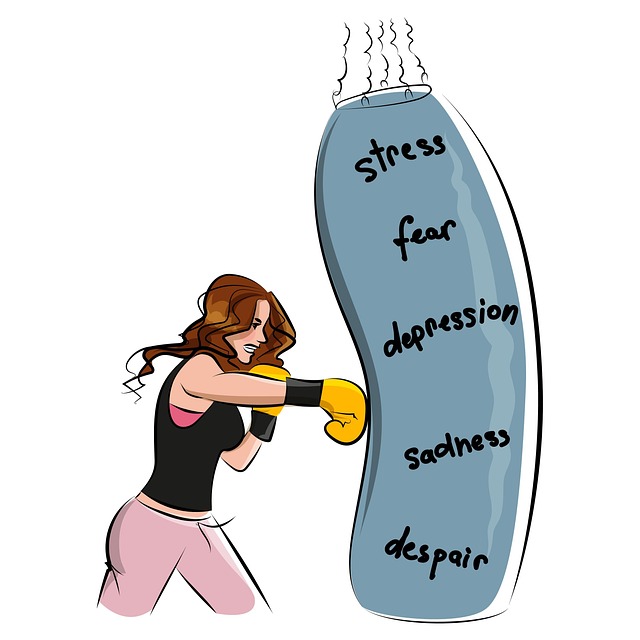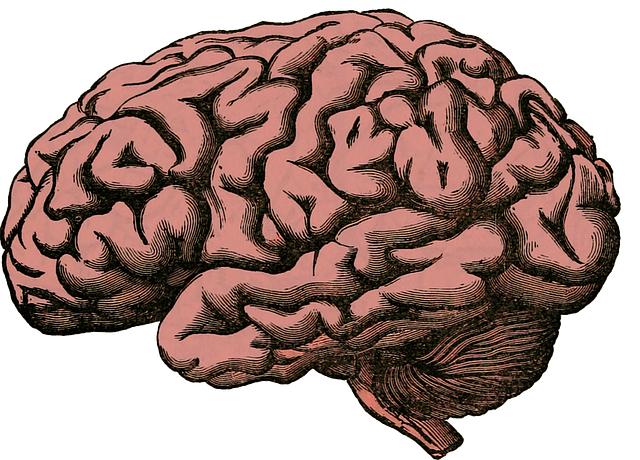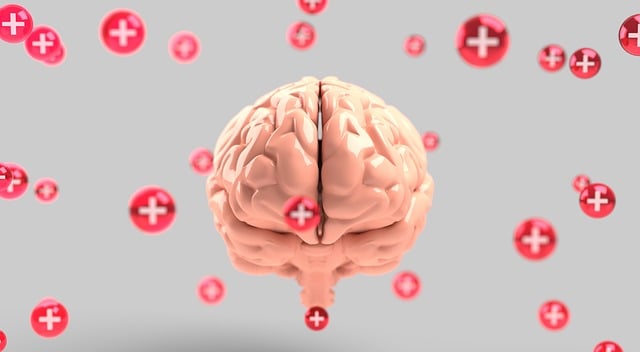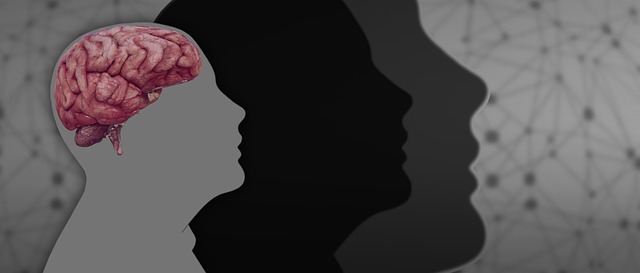The media's portrayal of mental health, particularly ADD/ADHD in Littleton, significantly influences public perception. Accurate and positive depictions can reduce stigma, encouraging individuals to seek therapy and foster understanding. Conversely, negative stereotypes may lead to isolation. Media has the power to shape societal responses through showcasing individuals effectively managing their symptoms and leading fulfilling lives. In terms of Littleton ADD-ADHD therapy, positive media representation is a game changer, navigating the path to recovery and empowerment. However, current media often oversimplifies or misrepresents conditions like ADHD, promoting harmful stereotypes. Authentic storytelling, emphasizing resilience, can foster empathy and acceptance. Collaboration between media and mental health professionals ensures accurate representation and subtle education, normalizing conversations around mental wellness. Case studies like Littleton ADD-ADHD Therapy offer valuable insights for professionals and inspire hope among viewers.
Mental illness representation in media significantly influences public perception and understanding. This article explores the impact of media portrayals on mental health, focusing specifically on the misrepresentation of conditions like ADD/ADHD. We delve into the challenges and barriers that hinder accurate representation and offer strategies for improvement through responsible media narratives. A case study of Littleton ADD-ADHD Therapy highlights effective representation, demonstrating how media can foster a more nuanced and sympathetic understanding of mental illness.
- Understanding the Impact of Media Portrayal on Mental Health Perception
- The Current State: How Media Often Misrepresents Mental Illnesses Like ADD/ADHD
- Challenges and Barriers in Accurate Representation
- Strategies for Improvement: A Call for Responsible Media Narrative
- Littleton ADD-ADHD Therapy: A Case Study of Effective Representation
Understanding the Impact of Media Portrayal on Mental Health Perception

The media plays a significant role in shaping public perception about mental health, particularly for conditions like ADD-ADHD in Littleton. Positive and accurate representation can foster understanding and reduce stigma, encouraging individuals to seek therapy and support. However, negative or stereotypical portrayals can perpetuate misconceptions, leading to further isolation and fear among those struggling with their mental wellness. Media has the power to influence how we, as a society, recognize and respond to various mental health challenges.
Emotional intelligence and coping skills development are often integral aspects of mental wellness coaching programs. By showcasing individuals effectively managing their ADD-ADHD symptoms and leading fulfilling lives, media can inspire hope and provide valuable insights into practical strategies for coping. This representation can empower viewers, highlighting the potential for growth and improved mental health outcomes through the right support systems and development of essential life skills.
The Current State: How Media Often Misrepresents Mental Illnesses Like ADD/ADHD

Media often perpetuates misinformed narratives about mental illnesses like ADD/ADHD, contributing to stigma and misunderstanding. Portrayals are frequently characterized by oversimplification, exaggeration, or even harmful stereotypes. For instance, media frequently depicts individuals with ADD/ADHD as hyperactive, uncontrollably impulsive, or lacking focus, which not only oversimplifies a complex neurodevelopmental condition but also fails to capture the wide range of symptoms and severity levels.
This misrepresentation extends to the absence of nuanced exploration into the potential benefits and challenges faced by those living with ADD/ADHD. It rarely highlights the impact of environmental factors or the role of supportive therapies like Littleton ADD-ADHD therapy, mindfulness meditation, and self-awareness exercises in managing symptoms. Furthermore, lack of cultural sensitivity in mental healthcare practice is evident in media, failing to reflect the diverse experiences of individuals from different backgrounds who may present with and experience ADD/ADHD differently due to societal influences and expectations.
Challenges and Barriers in Accurate Representation

The journey towards accurate representation of mental illness in media is fraught with challenges and barriers that have persisted for far too long. Often, media portrayals reduce complex conditions to simplistic stereotypes, leading to misconceptions and stigmatization. For instance, disorders like Attention Deficit Disorder (ADD) or ADHD are frequently depicted as solely childhood issues or portrayed through a lens of sheer distraction, overlooking the fact that these conditions can persist into adulthood and manifest differently across various life stages.
Littleton ADD-ADHD Therapy emphasizes Mind Over Matter principles, highlighting the power of understanding and managing mental health challenges rather than simply masking symptoms. This shift in perspective is crucial in media representation. Effective storytelling should incorporate authentic narratives that reflect the diverse experiences of individuals living with mental illness, emphasizing their resilience and capacity for growth. Additionally, integrating Mental Health Education Programs Design into creative processes can foster more nuanced and empathetic portrayals. By promoting awareness and understanding through compelling stories, we can facilitate broader acceptance and support for those navigating emotional healing processes.
Strategies for Improvement: A Call for Responsible Media Narrative

Media has a significant influence on shaping public perception and understanding of mental illness. Therefore, it is crucial to advocate for responsible media narratives that accurately represent and challenge stereotypes associated with mental health conditions. One strategy to achieve this is by promoting diverse and authentic storytelling, ensuring characters with mental illnesses are portrayed three-dimensionally, and their journeys are complex yet hopeful. This approach can help normalize conversations around mental wellness, encouraging viewers to seek support or understand a loved one’s experience.
Additionally, media outlets should collaborate with mental health professionals, such as those providing Littleton ADD-ADHD Therapy services, to ensure factual representation. By integrating coping skills development and emotional well-being promotion techniques within narratives, media can subtly educate audiences while entertaining them. This integration can foster empathy, dispel myths, and inspire positive changes in attitudes towards individuals living with mental health challenges.
Littleton ADD-ADHD Therapy: A Case Study of Effective Representation

In recent years, media representation of mental illness has evolved, with more nuanced and accurate portrayals emerging. One notable case study is Littleton ADD-ADHD Therapy, which showcases how effective media portrayal can impact public understanding. The series delves into the lives of individuals living with Attention-Deficit/Hyperactivity Disorder (ADD/ADHD), presenting their struggles and triumphs in a relatable manner. This approach has been praised for its contribution to reducing stigma associated with mental health conditions.
By depicting realistic challenges faced by those with ADD/ADHD, such as organizational difficulties and impulsive behaviors, the series encourages viewers to empathize and understand these experiences. Moreover, it highlights successful therapeutic interventions and self-care practices, providing valuable insights into managing mental wellness. This case study not only inspires but also educates, fostering a more comprehensive risk assessment for mental health professionals and encouraging the development of tailored programs like mental wellness coaching, ultimately promoting better support for individuals with ADD/ADHD.
In conclusion, the misrepresented portrayal of mental illnesses like ADD/ADHD in media has significant implications for public perception and understanding. As highlighted by the case study of Littleton ADD-ADHD Therapy, responsible and accurate narrative can challenge stereotypes and foster empathy. By implementing strategies for improvement, media can play a crucial role in destigmatizing mental health issues, ensuring that audiences gain a nuanced and realistic view of these conditions. This, in turn, can lead to better support and care for individuals struggling with mental illness.

